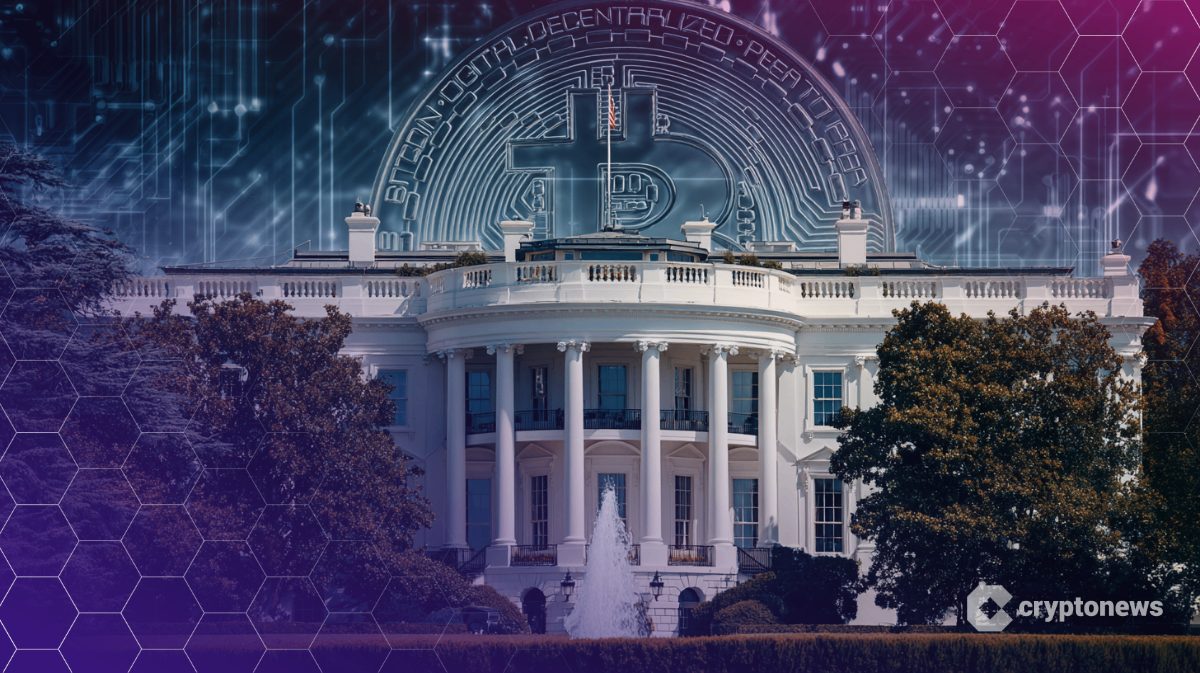SEC Says Liquid Staking and Receipt Tokens May Not Be Securities Under Certain Structures
The U.S. Securities and Exchange Commission’s Division of Corporation Finance published a detailed statement on Tuesday clarifying its views on “liquid staking,” a type of crypto protocol staking where users receive newly minted tokens representing staked assets.
In a statement, the SEC said the guidance seeks to help crypto participants understand whether these arrangements fall under U.S. securities laws.
According to the Division, under specific conditions, liquid staking activities and the associated receipt tokens do not involve the offer or sale of securities and therefore do not require SEC registration.
Understanding Liquid Staking and Receipt Tokens
In a liquid staking setup, crypto holders deposit their assets with a third-party or protocol-based provider and receive “staking receipt tokens” in return.
These tokens serve as proof of ownership for the deposited crypto and any rewards earned through staking. Unlike traditional staking, liquid staking allows users to retain liquidity—the receipt tokens can be used in other crypto applications or redeemed later, subject to protocol conditions such as “unbonding” periods.
These arrangements can be facilitated either programmatically through self-executing code (protocol-based) or via custodians who manage wallets and interact with staking protocols on behalf of users. In either case, users maintain ownership of their deposited assets throughout the staking process.
SEC’s Position: No Securities Involved in Liquid Staking
The SEC’s Division explains that the actions undertaken in these liquid staking arrangements—including the minting, issuing, and redeeming of staking receipt tokens—do not meet the legal definition of a securities offering, as long as the deposited assets themselves are not securities or part of an investment contract.
This determination hinges on the absence of entrepreneurial or managerial efforts by the Liquid Staking Provider. Providers are not seen as actively managing the user’s investment but merely performing administrative or ministerial functions such as staking the assets or selecting node operators.
Therefore, the economic benefits to users arise directly from the staking activity itself, not from the provider’s business efforts—a key distinction under the Howey Test used to identify investment contracts.
Howey Test Analysis and the Role of the Provider
The SEC applies the Howey Test to evaluate whether an arrangement constitutes an investment contract. The test looks for three elements: an investment of money, in a common enterprise, with an expectation of profits derived from the efforts of others.
In the case of liquid staking, the Division stresses that the provider’s role is limited to technical facilitation rather than strategic decision-making.
Receipt Tokens Are Not Securities
The SEC also addressed the nature of staking receipt tokens themselves. While they are receipts that confirm ownership of deposited crypto, they are not receipts for securities unless the underlying assets qualify as such.
These tokens do not independently generate rewards; instead, their value reflects the performance of the staked assets. As long as the structure avoids reliance on managerial efforts and adheres to the described protocols, the SEC does not consider these tokens to be part of a securities offering.
The agency cautions, however, that any deviation from these parameters—particularly where providers play a larger, more entrepreneurial role—could change the regulatory outcome. This statement, therefore, offers a framework for compliance but not a blanket exemption.
SEC Launches ‘Project Crypto’ Initiative
SEC Chairman Paul Atkins announced the launch of “Project Crypto” on July 31, a comprehensive initiative designed to modernize securities regulations and allow America’s financial markets to move on-chain.
The announcement came during a speech at the America First Policy Institute, where Atkins outlined plans to bring crypto asset distributions back to America and establish regulatory frameworks for digital asset trading.
You May Also Like

Lancashire Police Turn Crypto Confiscation into £500K Anti-Crime Budget After Landmark Wallet Freeze

OpenAI releases powerful new AI model that anyone can run on their devices
